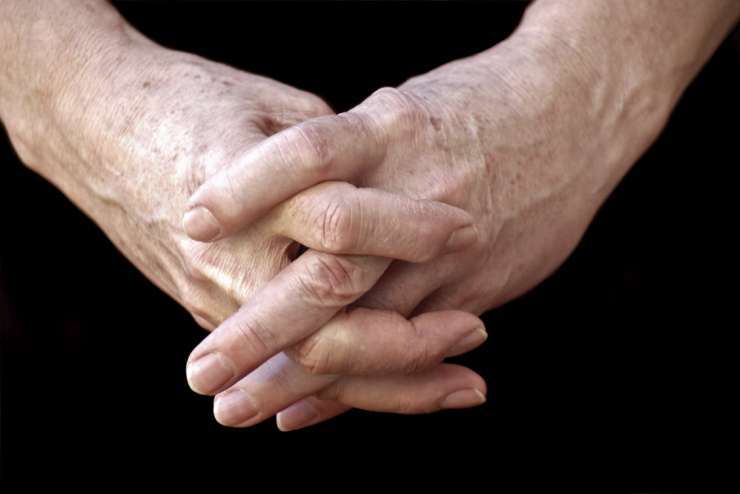Ma Judd
by Francis “Bud” Drapeau, Workers’ Compensation Section Chairman
Five days after Christmas, on the last Saturday of 1922, Walter Judd was working overtime at his job as a trolley repairman for the Holyoke Railway Company when the out-of-service trolley car he was underneath came loose from its moorings, rolled back over him, and fatally crushed his skull. Life changed that quickly for Walter's widow and their three children, among them my grandmother who was only eleven. Soon thereafter, my great-grandmother turned her home into a luncheonette for the local mill workers, and this income supplemented the indemnity payments she received from the railway company. Whenever I invoke the humanitarian purpose of our Workers' Compensation Act, I think of my great-grandmother.
Her name was Alta, but everyone called her Ma Judd. When I was a boy, my sister and I were excited at the news that Ma Judd, then in her eighties, would be living with us. She had a comforting and nurturing way about her, as well as a very sharp and insightful mind. She was the one who introduced me to the idea that people are only as honest as they can afford to be. "Try to keep company with folks who are better than that," she'd say. "But don't be surprised if they aren't." This observation has served me well in life and in the practice.
Another work-related death case from that same era, Powers v. Hotel Bond Co., 89 Conn. 143 (Conn. 1915), is the primer on the legislative intent and the purpose of the original Connecticut Workers' Compensation Act: "Fault is the foundation of the tort action; compensation for the injury, regardless of the fault, of the compensation acts." In other words, if someone spills milk in the kitchen, the first reaction of our tort colleagues is to yell, "She did it!" or "I didn't do it!" Our first reaction is to clean up the mess.
The Act has undergone many revisions in the one hundred years since Powers. In the Fall 1995 CQ, I wrote, in relation to the 1993 reforms: "I have heard the pendulum swing and felt its breeze. It knocked me down. And while waiting for it to swing back . . . ." I was waiting for the pendulum to swing back. As we now know, it wasn't a pendulum; it was a scythe, and if you're still unsure, read Angelo Sevarino's recent CQ article (Fall 2016) on the Opt-out Movement. Ma Judd might think that the system is becoming only as humanitarian as it can afford to be.
No matter what political or economic pressures come to bear on our system, the spirit that informs the Act, its heart, is still fairness. One of our distinguished colleagues once told me that when he went to work for his father, his father gave him only once piece of advice: "Figure out what's fair and convince the client that it's smart."
Not all claimants can be as charming as my great-grandmother. Many claimants, if met on a bus, would make you want to change your seat. (They feel the same way about lawyers by the way.) But their stories are no less compelling with concerns about whether they will be able to pay the rent or mortgage, whether they will make a full recovery from their injury, and whether they will lose their job. We're the ones charged with looking into their eyes and seeing what they feel: fear, hope, anger, pain, despair, confusion, frustration. The Act itself is merely a composition of words, cold and dead on the page. Our role as practitioners is to breathe life into it by being advocates for fairness, and in so doing, carry out its humanitarian objective.
Editors’ note: Francis X. Drapeau is a partner with the law firm of Leighton, Katz & Drapeau in Rockville, CT. He is also a Board-Certified Workers’ Compensation Specialist.



